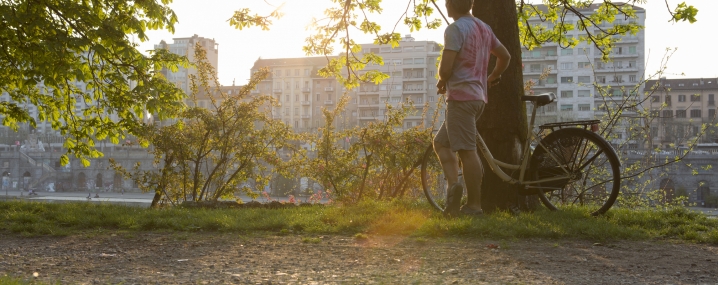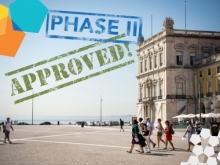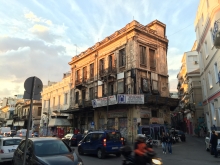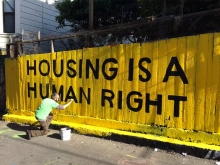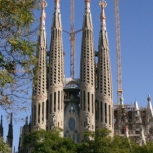
Barcelona
The capital of the autonomous region of Catalonia, and Spain’s second city, Barcelona is a thriving city of 1.6 million. The city offers a combination of architectural heritage and successful regeneration. The Ramblas area of shops and restaurants, the old Gothic Quarter and the distinctive landmarks created by Gaudí and the Art Nouveau architects of the early 20th century have made Barcelona a centre for cultural tourism. However, a program of urban redevelopment that began with the preparations for the 1992 Olympic Games have transformed the port area, Montjuïc hill and other areas of the city. The projects of the early 90s have since been followed by successive waves of investment.
The richness of the city’s architecture is reflected in its many UNESCO World Heritage Sites, while its numerous museums and art galleries include a number that are each dedicated to the works of a particular artist, notably Miró, Picasso and Tàpies. A particularly popular museum is the one dedicated to Barcelona FC at its Camp Nou stadium. The city has more than 60 parks—including a dozen of historic value such as the 200-hectare Montjuïc and Gaudí-designed Güell.
Tourism is the key to the city’s economy, with Barcelona among the top five destinations in Europe. It is a popular destination for conferences and trade fairs. Despite the strength of the service sector, industry accounts for around 20% of the local economy—courtesy of chemical, metallurgical and energy corporations. The Barcelona region is also home to the headquarters of Spanish car manufacturer Seat, along with a Nissan plant.
SOME RELATED NETWORKS
BOOSTINNO
URBACT Markets
News
News from our networks – 17 May 2021
News
News from our networks – 9 April 2021
Article
23 Action Planning Networks ready for Phase 2!
Article
Cities implementing the right to housing
Article

